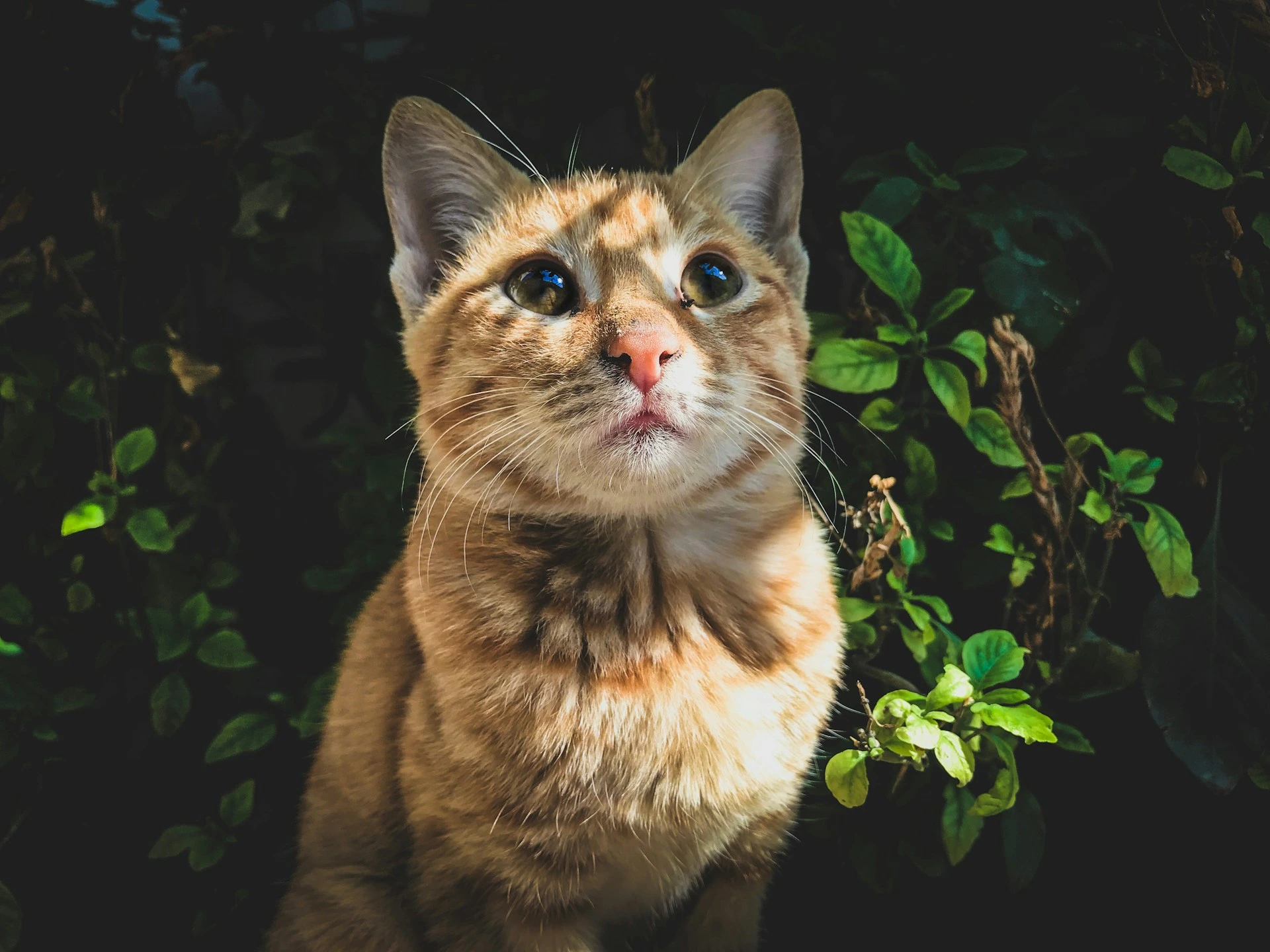Have you ever had a toothache or abscess? If so, you know how painful these issues can be. Even dental problems that don’t cause much physical discomfort can be dangerous. For instance, gum disease has been linked to some very serious health issues, such as heart disease, while misalignments can interfere with Fluffy’s ability to chew food. Keeping up with your cat’s dental care is very important, but is unfortunately often overlooked. A Rockwall, TX vet lists some kitty dental care tips in this article.
Desensitization
We know, not all our feline friends will tolerate having their teeth brushed. You don’t want to end up covered in scratches! Letting Fluffy get used to having her teeth and gums touched can be very helpful. Ideally, you’ll want your furry friend to develop a positive impression of this. Start by just gently rubbing your cat’s teeth and gums while you’re petting her. Incorporate praise, attention, and a yummy treat. (You’ll of course have the upper hand here if you start while your furball is still a kitten.)
Brushing
Brushing is beneficial for cats in the same ways it is for people. In a nutshell, it scrubs away plaque, which helps prevent the formation of tartar. Of course, if you try to tell your feline pal that, she’ll probably just yawn and lick her paw. You’ll need to win her over by making her think she’s being pampered. Using a yummy flavored toothpaste, incorporate lots of TLC, and let Fluffy decide when she’s had enough.
Dental Products
If you aren’t having any luck brushing your cat’s teeth, ask your vet for recommendations on kitty dental products. Things like dental flakes and oral rinses can also help fight plaque and tartar.
Water
Keeping Fluffy hydrated isn’t just important to her dental health: it’s crucial to her overall health and well-being. You may want to get a kitty fountain. Many furballs prefer to drink running water.
Exams
Fluffy should have her teeth examined by a vet at least once a year. You can also discreetly check your pet’s mouth, and look for things like swelling, bleeding, or severe tartar buildup.
Awareness
Last but not least, familiarize yourself with symptoms of dental issues. These include drooling, dribbling food, swelling, changes in eating behaviors, bleeding gums, and poor grooming. Contact your vet immediately if you notice any of these.
Do you know or suspect that your cat has dental trouble? Contact us, your Rockwall, TX pet hospital, today!






!Social Media Icons